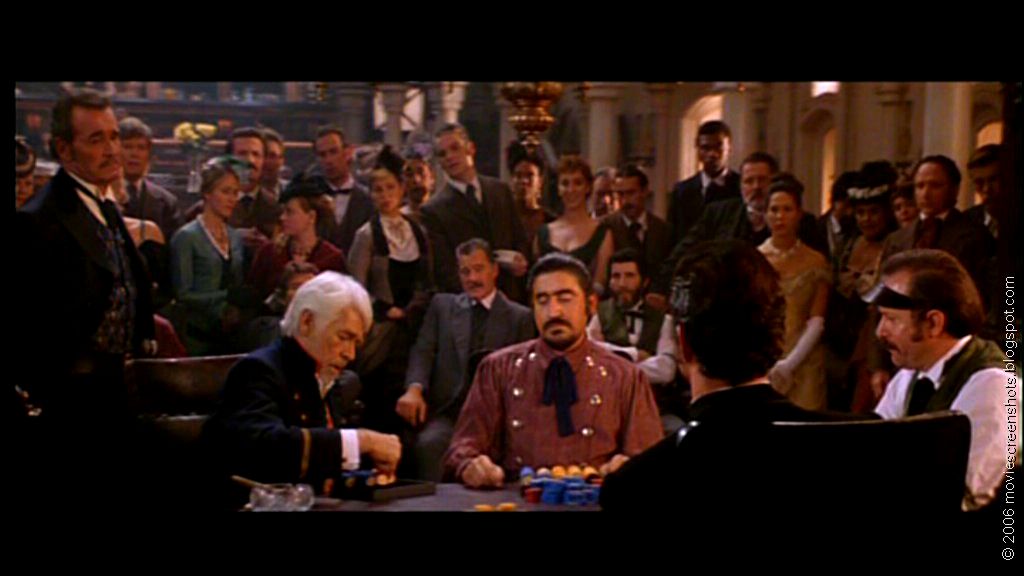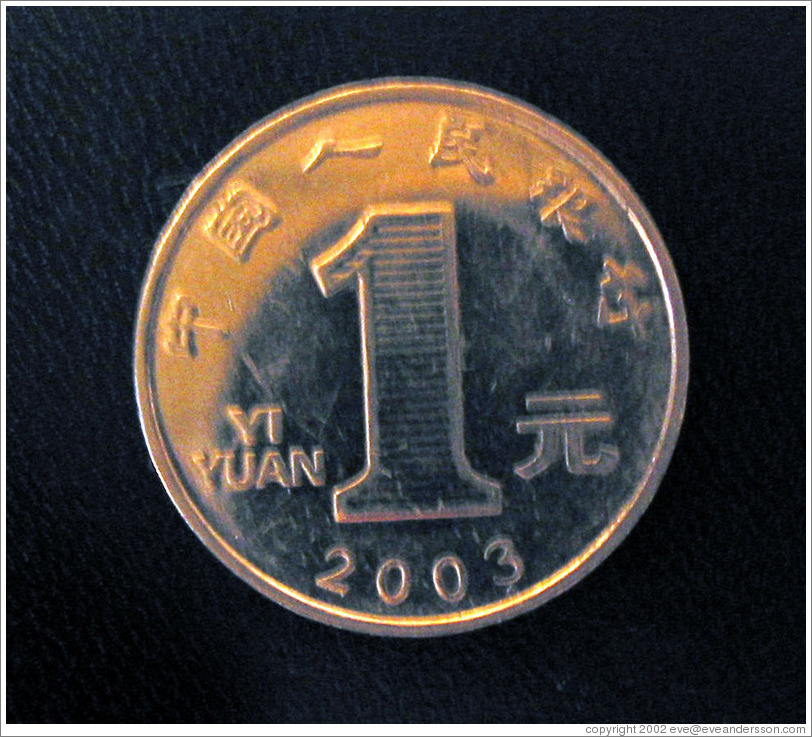
Two previous posts have discussed methods of investing or speculating in the ongoing appreciation of the Chinese yuan (or renminbi). The remaining method is foreign exchange trading, also referred to as FOREX or FX trading. FOREX is the Wild West of trading since it has high leverage, is lightly regulated, and mostly takes place "off exchange," which means that unlike when trading stocks, options, or futures contracts, there is normally no central clearinghouse to protect speculators. Since it is a lightly regulated area, numerous shady, fly-by-night FOREX trading web sites have separated gullible would-be investors from their money over the last few years, giving the FOREX market a slightly sleazy reputation in many quarters.
So why do people trade FOREX instead of futures? Three reasons: leverage, leverage and leverage. Trading FOREX is like playing a video game, can be highly addictive, and some sites offer up to 200:1 leverage. Even with the more common 50:1 or 20:1 leverage, you can still make or lose a lot of money very quickly. The FOREX markets are also open almost around the clock from Sunday evening through Friday, since FOREX is also traded in Tokyo and London, meaning that the "sun never sets " on FOREX trading. And finally, trading currencies is the purest way to play macro trends, since there is no possibility of a company or commodity-specific problem suddenly adversely affecting you, as occasionally happens when trading stocks or futures.
When trading FOREX, you see a live streaming chart of the movements of one currency against another on your computer monitor. There are many different "currency pairs" to choose from, with the two most heavily traded being EUR-USD and USD-JPY (the Euro against the dollar, and the dollar against the yen, respectively). With just a few clicks of the mouse, you can go long or short depending on which way you believe the lead currency of the pair will move against the other.
There are no trading commissions at the vast majority of FOREX dealers, who make their money on the "bid-ask spread" instead. The "bid" is the price that someone who wants to buy a currency pair is willing to pay to get in, and the "ask" is the price that someone who wants to sell a currency pair is willing to pay to get out. The difference between those two prices is the "bid-ask spread." The FOREX dealer acts in a manner very similar to the "house" in a gambling casino, and makes money by buying from another speculator at the ask price, selling to you at the bid price, and pocketing the difference for themselves. This means that when shopping around for a good FOREX dealer, all other factors being equal, the dealer with the tightest spreads is the one to go with, as you will start out each trade a little closer to making a profit than you would with a dealer with larger spreads.
A unique aspect of FOREX trading is that since it involves trading one currency against another, each day interest is credited to the accounts of traders who are long a currency that has a higher interest rate than its pair currency, and deducted from the accounts of traders who are short a currency with a higher interest rate than its pair currency. This means that if you chose to go short the USD-TRY (dollar against Turkish lira) currency pair, you would gain 16% or more annual interest if the currencies remained stable against each other, since Turkey has much higher interest rates than in the United States, and conversely, you would have to pay 16% interest for the privilege of going long the USD-TRY currency pair. In fact, many traders trade a basket of currencies against the yen, which has the lowest interest rates in the industrial world, just to capture the interest payments. Of course, if the currencies start moving against each other more than expected, this "carry trade" system can quickly lead to losses due to the change in the exchange rates.
There are numerous web sites and books that offer various strategies for how to make money at FOREX trading. But be forewarned that the vast majority of FOREX traders lose money because they focus too much on trying to pick the next winning trade, and not enough on money management of their trading stake, and because they underestimate the powerful negative effects of the tremendous leverage they are using and fail to get out early enough when a trade starts moving against them.
The best site to learn about FOREX, which I highly recommend, is: http://www.babypips.com/school/. It is designed as a comprehensive, easy to understand course for beginners who know nothing about FOREX, but also includes tips that would benefit even experienced FOREX traders. Also, beware of companies selling systems that promise automatic profits. If a company really had such a foolproof system for predicting FOREX movements, they wouldn't be selling it to you - they would be using it to make money for themselves.
The FOREX broker I use, which I also highly recommend, is Oanda, which is located at: http://www.oanda.com/. They are a legitimate broker with over $43 million dollars in assets backing their firm, and two large Wall Street firms just bought an equity stake in their parent company, which offers additional stability. They also offer the tightest spreads of any FOREX broker, and are the only broker to offer the Turkish lira, Indian rupee, and Chinese yuan currency pairs. In addition to a very extensive list of currency pairs, they also allow you to trade gold and silver against the dollar. They are ideal for beginning traders because they allow very small initial size trading accounts, and there is no minimum trade size. My only criticisms are that their customer service is not the friendliest, and they don't offer trailing stop orders.
The obvious problem for Oanda in offering the USD-CNY (dollar against the yuan) currency pair is that everyone knows that the yuan is slowly but steadily gaining against the dollar and will continue to do so for quite some time. If 90% of the speculators chose to trade the yuan side of the currency pair, there wouldn't be anyone to take the other side of those trades. So Oanda has established a high negative interest rate for those going long the yuan against the dollar. The yuan is advancing so slowly now, that even with 50:1 leverage, the interest charged frequently equals or betters the gains experienced by the currency's appreciation. One solution to this problem is to establish an equal position in a high-yielding currency such as the Turkish lira. The interest gained for being short the USD-TRY currency pair would more than offset the interest charged for being short the USD-CNY pair. The problem with this approach is that you now no longer have a pure play on the yuan appreciation, which was the point of the exercise in the first place, and higher yielding currency pairs are notoriously volatile.
The best move if the FOREX approach to trading the yuan appeals to you is to open an FXGame account with Oanda. This allows you to "paper trade" a $100,000 simulated account and learn the ins and outs of the Oanda FXTrade platform at the same time. If you are satisfied with the results, then you can open an Oanda FXTrade account and start trading with real money. I would encourage anyone interested in this approach to dip their toe in the water now so you will be ready when the yuan begins appreciating at an accelerated rate.



